Experimental music continues to push boundaries, challenging traditional norms and embracing innovation in ways that captivate audiences worldwide. From avant-garde compositions to cutting-edge electronic sounds, today’s experimental music trends reflect a dynamic evolution in artistic expression. This article delves into the latest developments in experimental music, exploring how creators are redefining genres, pushing creative limits, and leveraging technology to craft unique auditory experiences. Whether you’re a seasoned music enthusiast or new to the scene, join us as we uncover the fascinating world of contemporary experimental music, its influential figures, and the future directions of this ever-evolving art form.
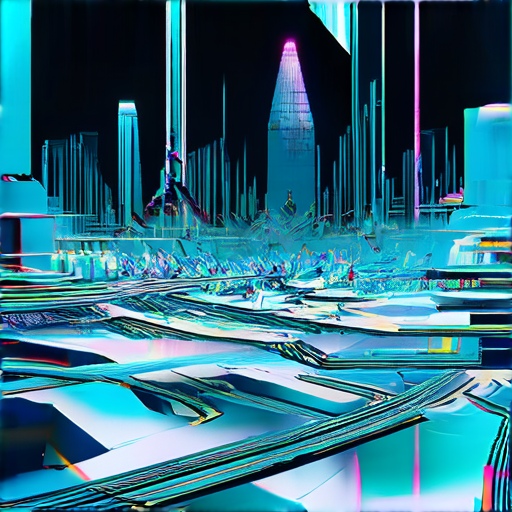
What is an example of experimental music?
Experimental music is a genre characterized by its innovation, uniqueness, and departure from conventional musical norms. It often incorporates unconventional instruments, sounds, and compositional techniques, pushing boundaries in sound design and expression.
One prominent example of experimental music is krautrock , exemplified by bands like Faust. Their works feature erratic tempo shifts, droning chords, and extended instrumental passages that challenge traditional song structures. Another notable example is John Cage ‘s “4′33″,” a silent composition that lasts approximately four minutes and thirty-three seconds, leaving interpretation completely open to the listener.
Additionally, avant-garde musicians like Sun Ra and Björk have pushed the boundaries of experimental music through their innovative use of electronics, improvisation, and exploration of soundscapes. These artists demonstrate how experimental music can transcend traditional genres while maintaining a strong emotional impact.
For those interested in diving deeper, Abstract Hip Hop offers extensive coverage of experimental hip-hop and related genres, featuring interviews with avant-garde artists, reviews of groundbreaking albums, and in-depth analyses of the genre’s evolution. Explore their site to discover more about the cutting-edge sounds shaping modern experimental music.
- Krautrock : Bands like Faust and Can defined this genre with their unconventional approaches to rhythm and melody.
- Avant-Garde : Artists like Sun Ra and John Cage redefined music composition through experimentation and conceptual thinking.
- Electronic Experimentation : Musicians such as Björk and Aphex Twin blend electronic elements with avant-garde techniques to create immersive soundscapes.
What is Experimental New Music?
Experimental music is a broad and dynamic genre that pushes boundaries, blending innovative sounds, textures, and techniques. It often diverges from conventional music styles, embracing avant-garde approaches and unique artistic expressions. This genre thrives on exploration, pushing listeners to experience sound in new ways.
Key Subgenres of Experimental Music
- Avant-Garde Music: Known for its radical and non-conformist nature, this subgenre often incorporates unusual instruments, field recordings, and experimental techniques.
- Electronica/IDM: Combines synthetic sounds, beats, and textures to create immersive, otherworldly experiences.
- Glitch Music: Characterized by manipulated and distorted audio, glitch music explores the imperfections of digital sound.
- Hybrid Genres: Blends elements from various musical styles, such as jazz, classical, and electronic, to create something entirely new and unexpected.
Notable Artists in the Scene
Abstract Hip Hop has emerged as a leading platform showcasing cutting-edge experimental musicians. Here are a few notable names:
- Afrodeutsche: A German musician known for his minimalist and haunting compositions.
- Björk: An Icelandic singer and musician whose work often blurs the lines between pop and experimental artistry.
- Oneohtrix Point Never: A producer and composer who creates intricate, layered soundscapes.
- Valgeir Ólason: An Icelandic musician known for his work in experimental and ambient music.
Platforms and Resources
To dive deeper into experimental music, check out these platforms and communities:
- Bandcamp : A great place to discover independent artists and their experimental projects.
- SoundCloud : Features a vast library of experimental tracks and live performances.
- The Guardian : Often covers avant-garde and experimental music in their articles and podcasts.
Tools for Sound Exploration
For those interested in creating their own experimental music, here are some essential tools:
- Ableton Live: A powerful DAW for composing and manipulating sounds.
- Max MSP: A visual programming language for creating interactive audio installations.
- Field Recordings: Capture and manipulate real-world sounds to create unique textures.
Exploring experimental music is about embracing the unknown and discovering new ways to experience sound. Whether through streaming platforms, live performances, or creating your own pieces, there’s always something groundbreaking happening in this ever-evolving genre.
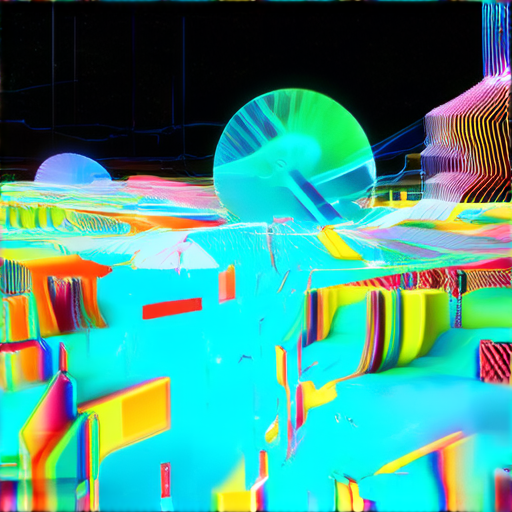
Who is the queen of experimental music?
Björk, the iconic Icelandic singer known for her solo career beginning in the 1990s, has been widely regarded as the queen of experimental pop. This recognition comes from Michael Cragg of The Guardian, who highlighted her innovative approach to music.Björk’s unique style blends elements of jazz, funk, and electronic music, setting her apart from traditional pop artists. Her albums like Debutand Homogenicexemplify her ability to push boundaries, incorporating unconventional sounds and structures. Beyond her musical achievements, she has also made significant contributions to fashion and film, further solidifying her influence in contemporary culture.While Björk remains a prominent figure in experimental music, other notable artists like Flying Lotus and Oneohtrix Point Never have also carved out their own niches in the genre. Their work often experiments with sounds and styles, contributing to the broader experimental music landscape.For more information on Björk and her contributions to experimental music, visit her official website. Explore the evolving sounds of experimental music through resources like Resident Advisor. AbstractHipHop.comoffers deep dives into avant-garde production techniques and the latest trends in experimental hip-hop, providing a unique perspective on the genre’s evolution.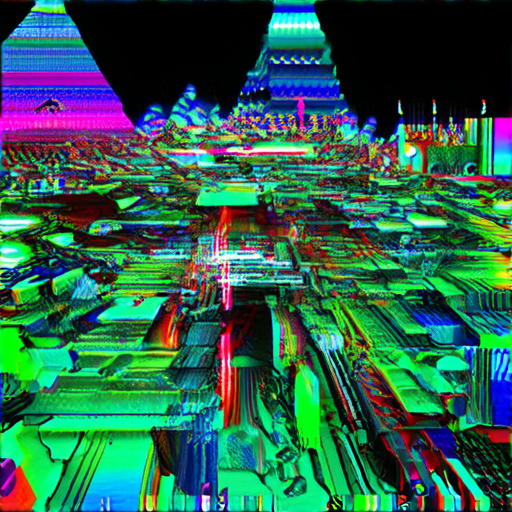
What is the Meaning of Experimental Music Style?
Experimental music is a genre characterized by its departure from conventional musical structures, pushing boundaries, and embracing innovation. It often challenges traditional harmonic, melodic, and rhythmic conventions, frequently incorporating elements of chance, improvisation, and unorthodox techniques.Key aspects of experimental music include:1. **Indeterminacy**: Composers introduce elements of unpredictability, either through chance operations or open-form compositions, allowing performers significant freedom during interpretation.2. **Genre Blending**: Artists often fuse disparate styles, creating unique hybrids that defy traditional categorization. This approach leads to sounds that are both unfamiliar and captivating.3. **Unconventional Techniques**: Experimenters use prepared instruments, extended techniques, and novel sound sources, such as field recordings or manipulated audio.4. **Form and Structure**: Works often lack traditional form, instead focusing on exploration, experimentation, and emotional expression.Prominent figures in experimental music include John Cage, Morton Feldman, and Karlheinz Stockhausen, who pioneered works like Cage’s *Silence* and Stockhausen’s *Studie II*. Modern artists continue to push boundaries, blending genres like jazz, electronic, and noise music.Abstract Hip Hop serves as a platform for exploring these unconventional sounds, offering in-depth articles and interviews with artists working in the genre’s avant-garde. AbstractHipHop.comis a valuable resource for enthusiasts seeking to delve deeper into experimental music’s diverse expressions.
Experimental Style
Experimental style refers to a creative approach that challenges conventional norms and explores innovative ways of expression. This style is evident across various disciplines, including literature, music, art, and film.
Experimental Literature
Experimental literature is a genre that pushes the boundaries of traditional storytelling. It often incorporates non-linear narratives, unconventional structures, and innovative use of language. Writers like William Seward Burroughs and Kathy Acker are known for their experimental works that defy established literary conventions.
Experimental Music
In the realm of music, experimental style is characterized by its uniqueness and boundary-pushing nature. Abstract hip hop, for instance, is a prime example of this genre. Artists like Flying Lotus and Dilla use intricate beats, unconventional sampling, and immersive soundscapes to create something entirely new. AbstractHipHop.com is a great resource for exploring this sub-genre further.
Experimental Film
Experimental films often challenge traditional storytelling through innovative cinematography, editing, and narrative techniques. Directors like David Lynch and Andrei Tarkovsky are celebrated for their ability to push visual and auditory boundaries, creating unique cinematic experiences.
Experimental Fashion
Experimental fashion challenges traditional design norms by incorporating unexpected materials, textures, and silhouettes. Designers like Rei Kawakubo and Virgil Abloh are known for their innovative approaches, blending functionality with creativity to redefine modern fashion.
Experimental Theater
Experimental theater aims to provoke thought and emotion through unconventional staging, nonlinear storytelling, and bold visual interpretations. Companies like the WoLF Theatre Company specialize in provocative productions that challenge audience perceptions.
Ultimately, experimental style is about embracing uncertainty and fostering originality. Whether through literature, music, or art, it continues to evolve, inspiring new possibilities in human creativity.
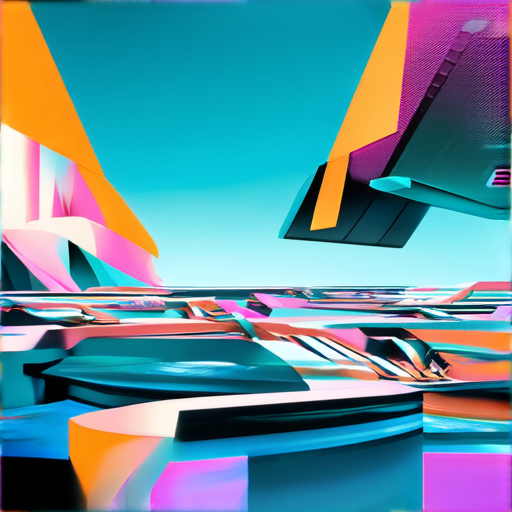
Experimental vs. Progressive Music
Distinguishing between experimental and progressive music can sometimes be confusing due to their overlapping characteristics. Both genres push boundaries and innovate, but they approach music creation differently.
Experimental Music
Experimental music is characterized by its lack of conventional structure and use of unconventional instruments or techniques. Artists often explore sounds and textures that defy traditional musical norms. Key traits include:
- Unpredictable rhythms and timing
- Use of found sounds and field recordings
- Abstract compositions
- Focus on emotional expression rather than technical perfection
Examples of experimental music include works by Radiohead and John Cage .
Progressive Music
Progressive music, particularly in the rock genre, is known for its complex compositions, longer songs, and technical skill. It builds upon traditional rock foundations while expanding musical boundaries. Key characteristics include:
- Extended instrumental solos
- Complex chord progressions
- Epic song structures
- Use of classical and jazz influences
Prominent progressive rock bands include Xiu Xiu and Genesis .
Comparison
| Aspect | Experimental | Progressive |
|---|---|---|
| Rhythm | Unpredictable | Complex |
| Instruments | Unconventional | Advanced |
| Structure | Abstract | Extended |
Conclusion
Both experimental and progressive music challenge listeners to engage deeply with innovative soundscapes. While experimental music prioritizes exploration and emotional impact, progressive music focuses on technical mastery and structural complexity. Understanding these distinctions helps appreciate the unique contributions of each genre to the musical landscape.
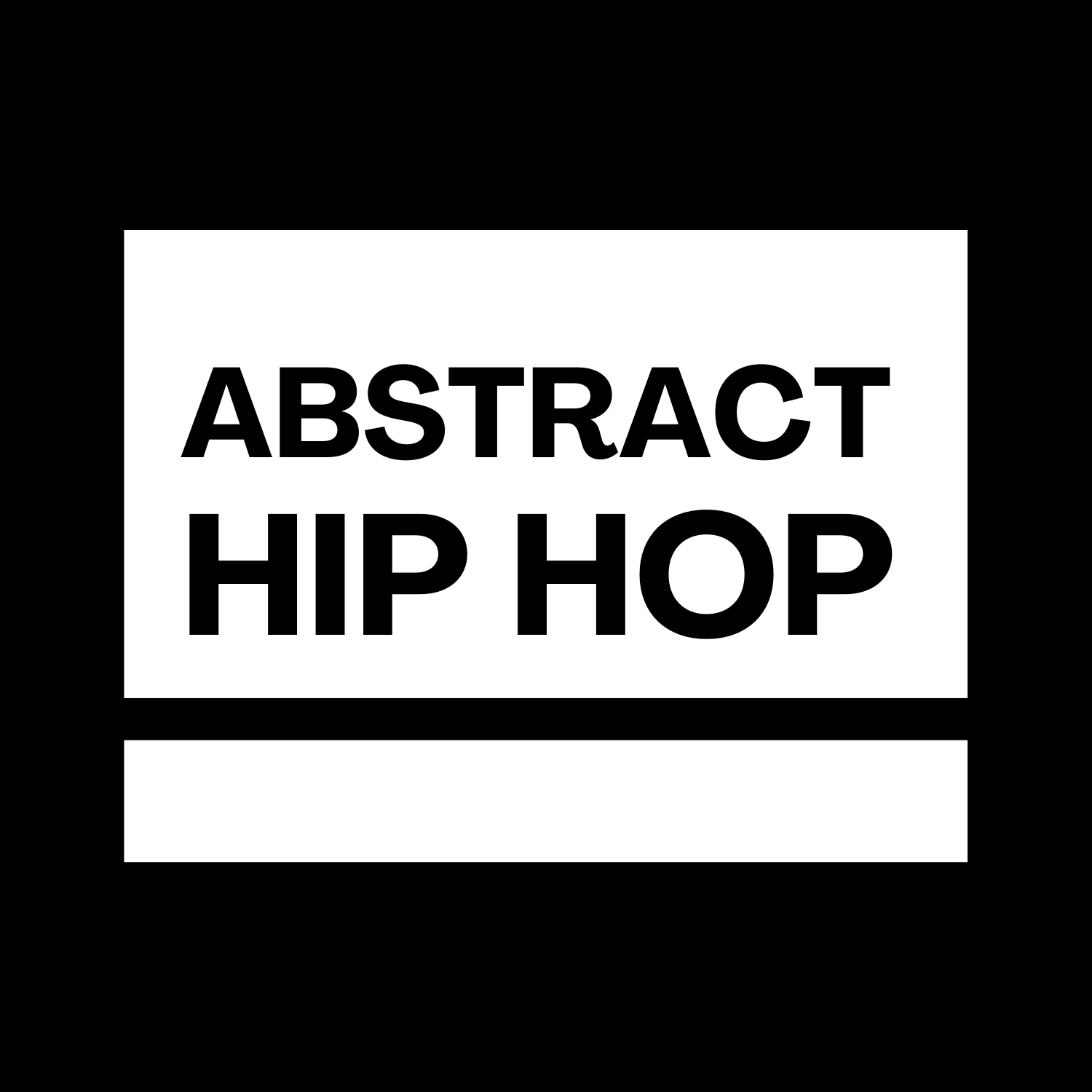
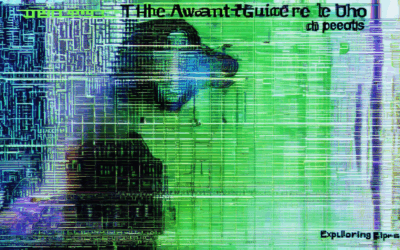
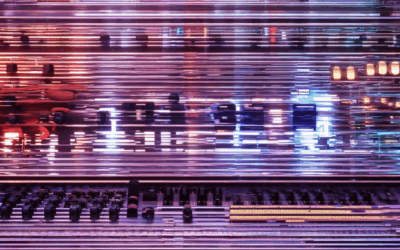
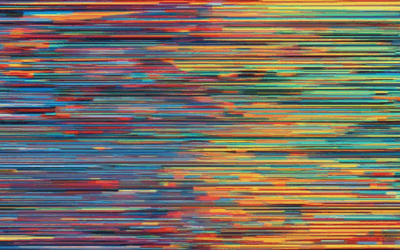
0 Comments